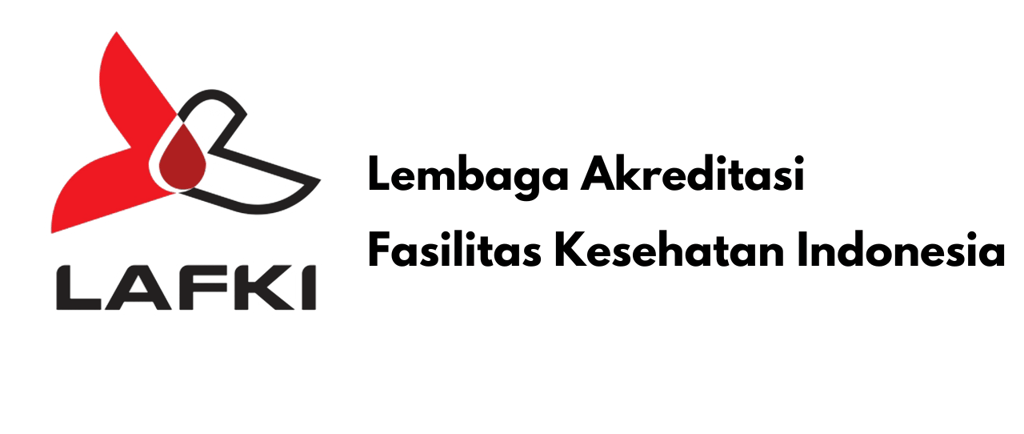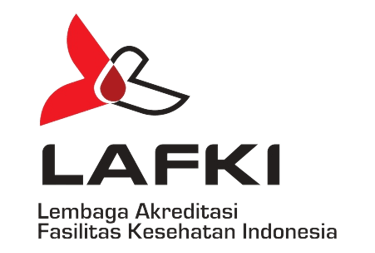Becoming Hands that Hold the Future: Our Responsibility in Facing Natural Disasters
By. Dr. Friedrich Max Rumintjap, Sp.OG(K), MARS, FISQua, FIHFAA, FRSPH


News of the earthquake that rocked Tuban, East Java, has caught our attention. With a magnitude of 6.5, the earthquake not only left a trail of destruction in Tuban, but was also felt as far away as Jakarta. This incident is not only a warning of the fragility of our lives on this earth, but also a call to action and unity in facing natural disasters.
The earthquake that occurred on Friday, March 22, 2024, recorded the epicenter of the earthquake was about 130 kilometers northeast of Tuban, East Java, with a depth of about 10 kilometers. Although there is no potential for a tsunami, the impact of this tremor still raises concerns for the local community. Moreover, when the tremors were also felt as far away as the capital city of Jakarta, we become increasingly aware of our vulnerability to the power of nature.
However, in the midst of this urgency, there is a ray of hope that shines. The theme of World Meteorological Day 2024, At the Frontline of Climate Action, gives us the moral impetus to act. We are aware that climate change is one of the main factors in unleashing nature's wrath. By taking concrete steps to reduce greenhouse gas emissions and promote sustainable lifestyles, we can be agents of change that bring hope for the future of this earth.
The important role of the World Meteorological Organization (WMO), us, and other partners in providing accurate information and rapid services is crucial in dealing with natural disasters such as earthquakes. They not only provide early warnings, but also assist in efforts to mitigate and adapt to climate change. However, this role is only part of the solution needed.
The earthquake that rocked Tuban again is a strong reminder of the uncertainty of life. However, more than that, it is also a call to action. We need to build public awareness of the importance of preparation and rapid response in dealing with natural disasters. Education on disaster mitigation and adaptation to climate change must be an integral part of our education curriculum.
In reflecting on this earthquake, we must acknowledge that life is about how we respond to challenges. The earthquake that rocked Tuban and was felt as far away as Jakarta is a reminder for us that we must remain vigilant and ready to face natural disasters whenever they come. However, more than just responding to disasters, we must also see opportunities to improve and strengthen our infrastructure to be more resilient to natural shocks.
In closing, we must remember that we are all part of this nature. We are part of the chain of life that is vulnerable to the vibrations of this universe. However, with strong cooperation and increased awareness, we can overcome all the obstacles faced. Like men and children who hold the planet in their hands, let us unite in protecting this earth, as our common home.
The Indonesian Health Facility Accreditation Institute (LAFKI) is very concerned with the safety and welfare of the community amidst the threat of natural disasters such as earthquakes. Through accreditation of health care facilities, LAFKI hopes to be able to assist in disaster management and mitigation, so that there is no panic and even death. With the cooperation of all parties, we can ensure that health facilities become safe and resilient places for the community in facing this natural challenge. Greetings LAFKI!


